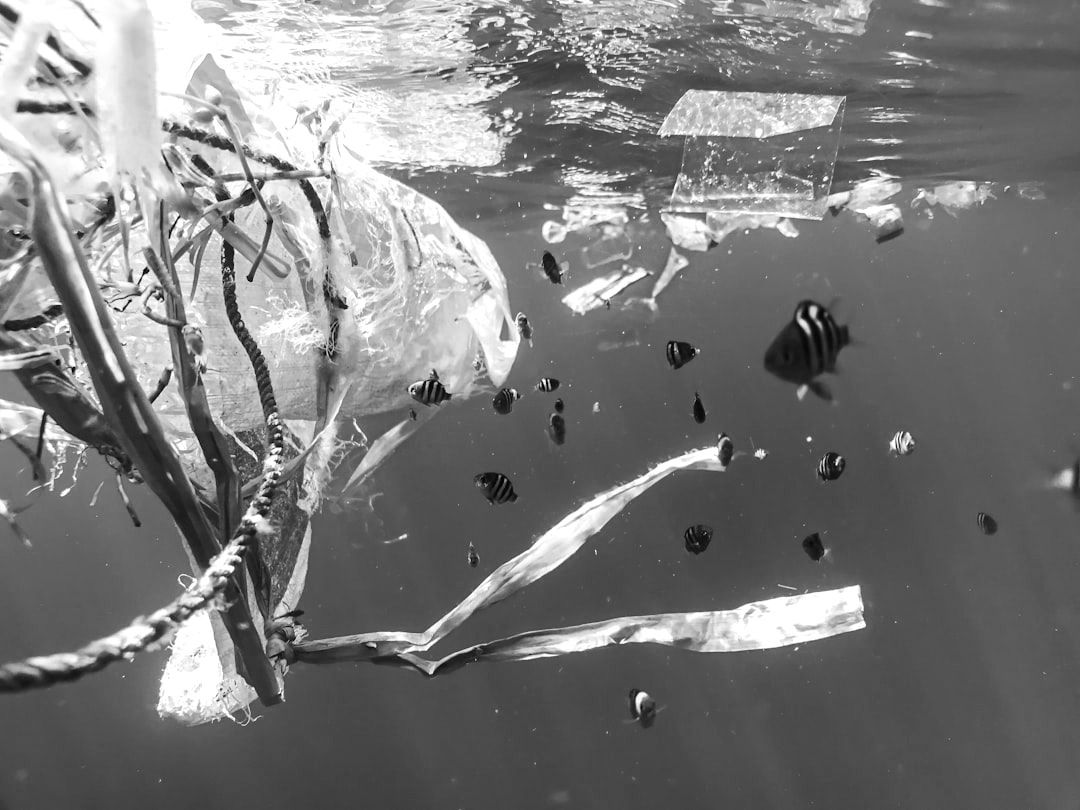When it comes to nature, environmental protection laws are critical.

August 4, 2025
Australia is at the crossroads and urgent environmental reform is needed.
In a recent and forceful address at the National Press Club, former Treasury Secretary Dr. Ken Henry has issued a stark warning: without comprehensive reform of Australia’s environmental laws, the country is in danger of missing its most important economic, climate and biodiversity goals. His message, delivered as chair of the Australian Climate and Biodiversity Foundation, has sparked renewed debate about the role of environmental protection in shaping Australia’s future prosperity.
"Why the hell did we drop it?" - Reigniting the Carbon Tax debate.
Dr. Henry’s call was as practical as it was urgent. Reflecting on the decision to repeal Australia’s carbon tax - a policy once hailed as world-leading - Henry questioned, “Why the hell did we ever drop it? That’s the question... It still boggles the mind that we had the world's best carbon policy. And then, for purely political reasons, decided that we can afford to do without it”. He urged the Albanese government to reconsider using its mandate to reintroduce the carbon tax, arguing that “of course we need a carbon tax.”The original carbon pricing scheme, introduced in 2012, was designed to put a price on pollution, incentivising cleaner industry practices. It was repealed by the Abbott government in 2014 in favour of less direct offset schemes. Henry’s comments suggest lessons from this reversal remain unheeded, at a time when climate stakes are higher than ever.
Systemic decline: The need for bold reform.
For more than 20 years, Australia’s primary environmental legislation - the Environment Protection and Biodiversity Conservation Act - has barely changed, even after a landmark 2021 review found it unfit to meet current or future challenges. Labor entered government promising reform, but progress has faltered amidst industry pushback and uneven political will.Henry contends that Australia’s ambitious nation-building projects - building 1.2 million homes by 2029, growing the renewable energy and critical minerals sectors, and expanding vital infrastructure - all hinge on robust environmental laws. “If we can’t achieve environmental law reform, then we should stop dreaming about more challenging options,” he warned. “There is no chance of Australia meeting stated targets for net zero, renewable energy, critical minerals development, housing and transport infrastructure without very high quality national laws.”He highlighted how the current “broken” legal framework is not only failing nature - “the environment is not being safeguarded. Biodiversity is not being preserved. Nature is in a state of systemic decline” - but also hobbling productivity and economic opportunity. Henry’s position challenges the idea that economic growth and environmental protection are mutually exclusive.
Nature protection can drive productivity: Reimagining the economic equation.
Henry argues that environmental protection and job creation “are not mutually exclusive.” On the contrary, “strong environmental laws are critical to improving Australia’s flagging productivity.” The sectors responsible for most environmental degradation - mining, forestry, fishing, and agriculture - employ less than 5% of Australians, he notes, while downstream, high-value industries have shifted offshore.The real choice, according to Henry, is not about “balancing” environmental and economic outcomes, but about respecting nature’s fundamental constraints: “Environmental constraints are immutable. Breach too many of them and humanity ceases to exist.” In this paradigm, repairing the environment becomes essential - rather than optional - for agriculture, forestry, and fishing to remain viable. He contends that all policy decisions must “respect the laws of nature” with Parliament’s first test being “delivery of high-integrity environmental laws”.
The productivity conundrum and tough fiscal choices.
Highlighting Australia’s slowing productivity growth - from 2.31% in the 1990s to just 0.98% over the last 25 years - Henry warns that, unless growth can be revived, taxes will need to rise or public spending must fall to manage emerging fiscal pressures. Environmental law reform, he argues, is foundational for reversing productivity decline, as “our failure to recognise that the laws of nature affect the set of feasible choices available to us is now having a discernible impact on productivity - and things are getting worse with accelerating speed”.
So, what needs to change?
Henry sees three key things as being vital for change to take hold:
- Effective national environmental standards to be finalised.
- An independent national environmental protection agency to be established.
- Shared environmental goals to be established to promote true Commonwealth / State cooperation.
This transformation, he says, will “break the deadlock” that has stymied both policy progress and environmental outcomes for decades.
The broader context: Environmental reform and Australia’s future.
Australia’s environmental crisis is well documented. The 2022 State of the Environment report found widespread ecosystem decline, with invasive species, land clearing, and climate change driving rapid losses in biodiversity. The Great Barrier Reef continues to suffer from heat stress, and Australia has lost more mammal species than any other continent. Reforming national laws and empowering an independent environmental protection agency were identified as urgent steps.
Conclusion: Time to seize the opportunity.
Ken Henry’s intervention is more than a plea for better laws - it’s a challenge to Australia’s political and economic orthodoxy. If the “critical dependence upon the state of nature” is ignored, he argues, our economic ambitions and climate promises alike will falter. As climate disruption accelerates and global competition intensifies, high-integrity environmental laws may well be the key to a thriving - and sustainable - Australian future.